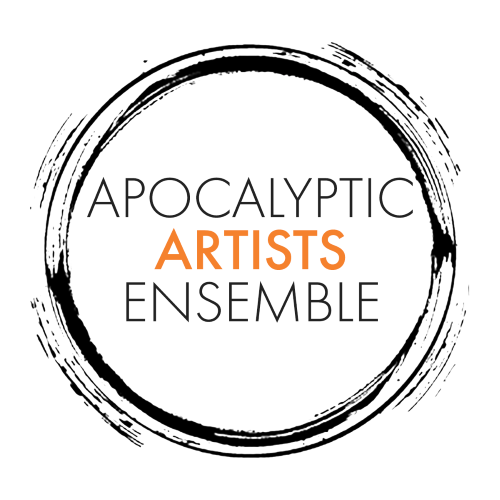Shakespeare, Social-Emotional Learning, and Social Justice
Let’s face it: there’s no returning from the digital age. Our young people today are growing accustomed to screens earlier and earlier, and the vast majority of students use screens on a daily basis for their classwork. Social media is a mainstay of social interaction for us, young and old alike. Today, students are more likely to send a text than to call one another. Even in the presence of other people, students are likely to spend a significant amount of time on their phones rather than directly interacting with each other. When I teach a class, I consider it a success if I can convince one student to be brave and look another in the eye.
When Apocalyptic Artists was founded, we were in the midst of a global pandemic; a time when classes had to be conducted via video calls if they were held live at all. Years later, our young people are still recovering from a year spent online. Their social emotional skills are slow to develop, and an increase in cyberbullying has corresponded to a dramatic increase in their feelings of loneliness, depression, and lack of connection to the larger world. The good news is that the resources exist to address these issues. At Apocalyptic Artists, we do it through teaching Shakespeare.
The works of William Shakespeare have long been included in the canon of literature that students are expected to encounter before they graduate high school. By teaching it theatrically (instead of just reading), students can not only build their language and reading skills, but their social-emotional skills as well. We are working to do one better by creating a space for students to practically develop skills in anti-bias and social justice.
For the past year, Apocalyptic Artists has partnered with the Shakespeare Center of Los Angeles to develop a Shakespeare curriculum guided by the Learning for Justice Standards put forth by the Southern Poverty Law Center. Modeled after the Common Core standards used by educators nationally, these standards provide guideposts for developing anti-bias skills in students through the lenses of identity, diversity, justice, and collective action. Learn more about Shakespeare and Social Justice by visiting their website: https://www.shakespeareandsocialjustice.org/
We are proud to be offering ambitious teaching artist residencies, filmed adaptations, and live school tours that challenge students to put down their phones and form positive connections to their world. When we teach, students develop a relationship to the play through the lens of their own lived experience. They develop a supportive, considerate relationship to each other through working as an ensemble of artists, and develop a positive relationship to themselves through the creative act of performance. As I often say in my classes, these characters have been performed thousands of times over the centuries: none of them can be made new unless you bring your unique self to them.
Then there’s the magic of shared experience through live performance. When we present a play in a school, on students’ home turf, they have the opportunity to develop a sense of connection to their community, to put down their phones, breathe the same air as other artists, and consciously share in a lived experience with their peers. It’s experiences like this that require young people to think of themselves as “part of a whole,” and to value compassion and respect for each other. This is where collective action begins, and it’s the seeds of not just a brighter future for our young people, but our world.
All because of a play.
-Alice Renier, Co-Founder and Director of Education
In Spring 2025 we will tour our second live production to schools throughout New York in collaboration with Red Bull Theater. Join us at our 24-25 Season Benefit to be the first to know which play!
To get involved with Apocalyptic Artists Ensemble’s educational programs, reach out to us at apoclaypticartists@gmail.com.
To learn more about Shakespeare and Social Justice, including upcoming events for teachers, visit https://www.shakespeareandsocialjustice.org/
Teachers, come see us in Boston! We’ll be sharing a booth with the Shakespeare Center of LA at the NCTE Conference November 21-24.
Check out some student responses to last year’s tour, Romeo and Juliet:
“Something that surprised me about this experience was that we got to act and really experience it in the classroom.”
“I thought that the professional production would be boring, but it was actually interactive, easy to follow along, and fun!”
“I was surprised how sad the story was. I knew it was a tragedy but I didn’t expect to feel anything for the characters while watching because of how rash their actions seemed and how long ago the story took place.”
“I liked that she gave us little groups to act our scenes instead of just analyzing the play.”
“I enjoyed the performance so much! Out of all the Romeo and Juliets I have seen, this performance had the most personality, emotion, chemistry, and expression!”
“The actors did such a great job acting even when they were not saying lines. I was very engaged the entire time.”


